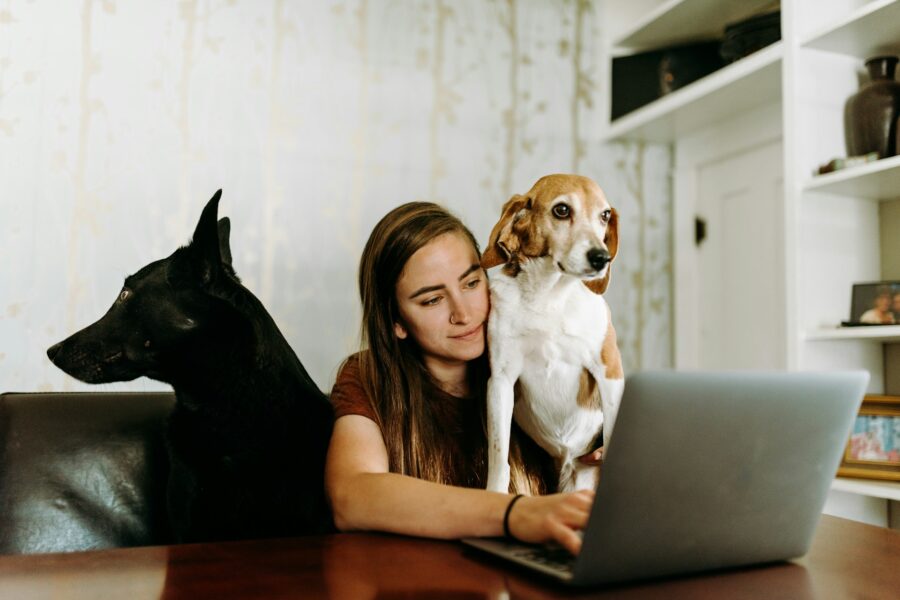“Just be yourself” is pretty standard advice, but what if you don’t really know who that is?

What if the idea of being authentic feels like a big, vague concept that’s easier said than done? It’s something we hear all the time, but when you’ve been caught up in expectations, comparison, or just figuring out who you are, it can feel like a question without a clear answer.
The truth is, figuring out who you really are isn’t a one-size-fits-all journey. It’s messy, it’s complicated, and it takes time. So how do you begin to be yourself when you feel like you’ve lost touch with what that even means? Here are some ways to get started on the path of self-discovery and reconnect with who you truly are, without the pressure of having it all figured out.
Give yourself permission to evolve.

The first thing you need to know is that being true to yourself doesn’t mean you’re locked into one version of yourself forever. People change. Life changes. You grow. You learn. You try new things. So, don’t feel like you have to be some static, fixed version of yourself. Give yourself permission to evolve. Sometimes, we get caught up in the idea that there’s one “right” way to be, but being yourself is about being open to change and understanding that who you are today might look different from who you are tomorrow, and that’s perfectly okay.
Stop looking for answers outside yourself.

It’s easy to look to other people for validation or a sense of direction, especially when you’re feeling lost or unsure. You might think that someone else has it all figured out, or that you need to live up to a certain image. But the truth is, no one else can tell you who you are. Being yourself isn’t about copying someone else’s life or identity; it’s about discovering your own. Start turning inward. Ask yourself what truly makes you feel alive, what brings you peace, and what resonates with you at your core. Trust your own instincts over other people’s opinions.
Embrace the uncertainty.

One of the hardest things about “being yourself” is the uncertainty that comes with it. You might feel like you should have a clear sense of who you are, but it’s normal to feel unsure. And guess what? That’s part of the process. You don’t need all the answers right now. It’s okay not to have everything figured out. Embrace the ambiguity and give yourself the freedom to explore without pressure. You don’t need to know exactly what your life will look like—you just need to be open to the journey and trust that you’re moving in the right direction.
Let go of perfectionism.
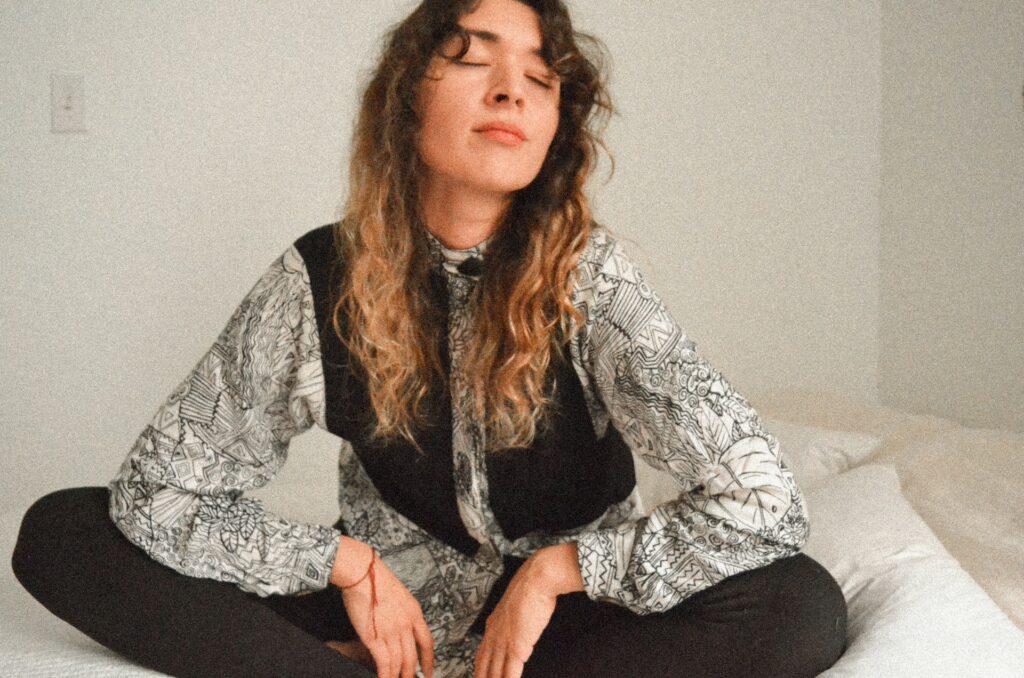
The pressure to “get it right” can make you feel like you have to live up to an impossible standard. But here’s the thing: perfectionism is a barrier to being yourself. It keeps you stuck in the idea that there’s one perfect way to show up in the world, and if you don’t meet that, you’re not enough. In reality, there is no “perfect” way to be your—there’s only your way. Embrace the imperfections, the quirks, the things that make you unique. The messy parts of who you are are just as important as the polished ones. Give yourself the grace to be human, and allow yourself to make mistakes along the way.
Explore what you love (and what you don’t).
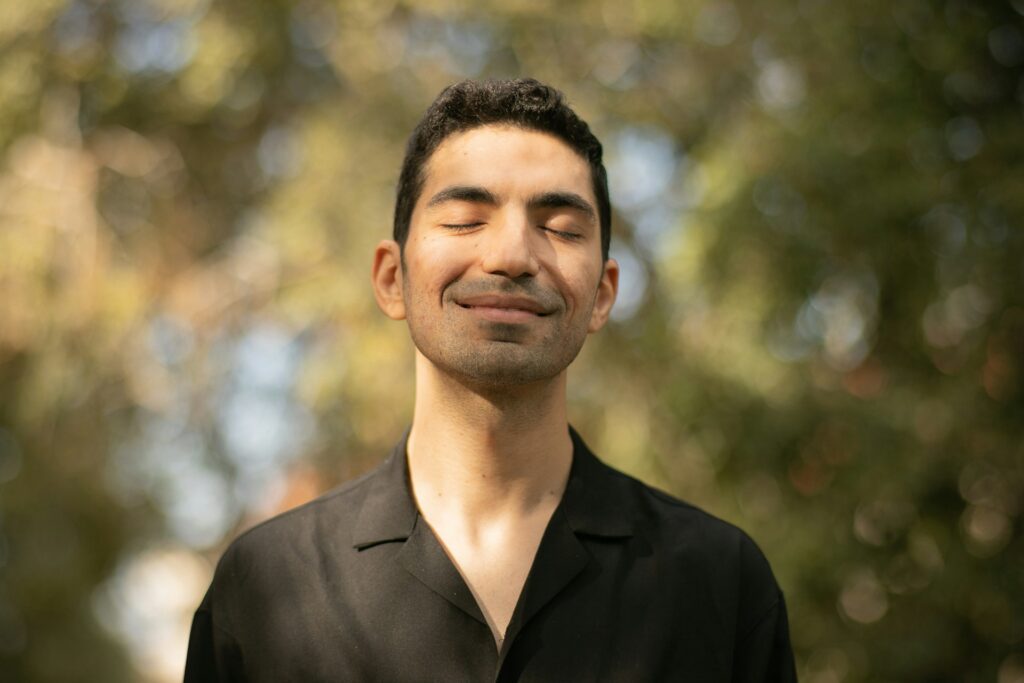
Sometimes, the best way to discover who you are is to simply start exploring. Try new things, take up new hobbies, or step out of your comfort zone. Pay attention to what excites you, what feels natural, and what drains you. Learning to be yourself is about figuring out what feels right for you, and that comes from experience. The more you expose yourself to different activities, ideas, and environments, the more you’ll learn about what aligns with your authentic self. Likewise, pay attention to what doesn’t resonate with you. Recognising what you don’t enjoy or value is just as important as discovering what you do.
Practise self-compassion.

You’re going to have days when you feel lost, when you don’t know who you are or where you’re going. When that happens, be kind to yourself. The journey of figuring out your identity isn’t linear, and it’s easy to get frustrated when things aren’t clicking. But instead of beating yourself up or thinking you should have everything sorted by now, treat yourself with compassion. Understand that it’s okay to feel confused. You don’t have to have all the answers, and you certainly don’t have to do it all alone. Be gentle with yourself as you explore what it really means to “be yourself.”
Give up the need for approval.

How often do you find yourself chasing other people’s approval? Whether it’s trying to live up to societal expectations, pleasing family, or fitting in with a social circle, seeking validation can make you feel disconnected from your true self. When you’re constantly needing external approval, you’re more likely to lose sight of what you actually want or need. To truly be yourself, you need to release the need for constant validation. It’s freeing to realise that you don’t need to conform to anyone else’s idea of who you should be. Trust yourself, and know that you’re enough as you are.
Learn to say no more often.

Part of being true to who you are is knowing when to say no to things that don’t align with your values, your needs, or your boundaries. Saying no might feel uncomfortable, especially if you’re used to saying yes out of obligation or fear of disappointing people. But every time you say no to something that doesn’t serve you, you’re saying yes to yourself. Setting boundaries is a form of self-respect and an important part of staying true to who you are. It might be challenging at first, but over time, it gets easier, and your confidence in yourself grows.
Stop comparing yourself to everyone else all the time.
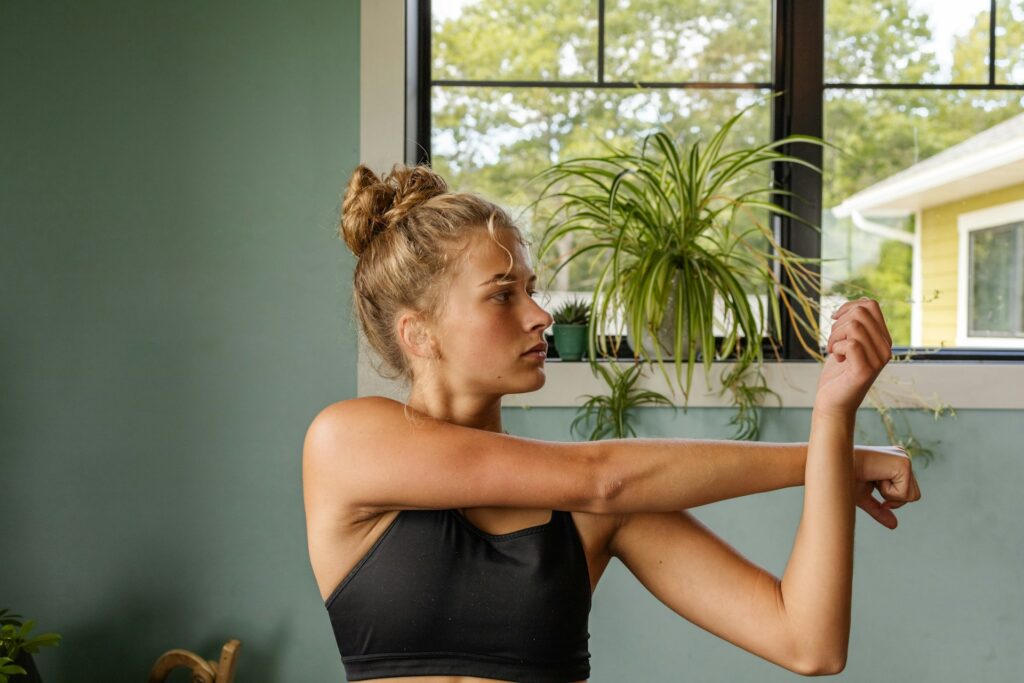
Comparing yourself to other people is one of the quickest ways to feel disconnected from your authentic self. Social media, conversations with friends, and even work can sometimes create a sense that everyone else has it figured out, leaving you feeling lost in comparison. But here’s the truth: no one else is living your life, and their path doesn’t have to look like yours. Focus on your own growth, your own values, and your own pace. Embrace your unique journey without worrying about how it stacks up against anyone else’s.
Create a bit of space for silliness.

Sometimes, the key to discovering who you really are is simply creating space for stillness. It’s easy to get caught up in the noise of everyday life, and without time to reflect, it’s hard to connect with yourself. Make room for moments of silence where you can check in with your thoughts and feelings. This could be through journaling, meditating, or just sitting quietly for a few minutes. In these moments, you can hear your true desires and start to understand what’s most important to you.
Trust your gut.

Your intuition is often your strongest ally when it comes to being yourself. Trust your gut feelings and inner voice. You might not always have clear answers, but your instincts can guide you in the right direction. When something feels off or out of alignment with your values, listen to that. Trusting your gut helps you make decisions that are authentic to who you are, even if it feels a little scary at times.
Stop waiting for a big revelation.
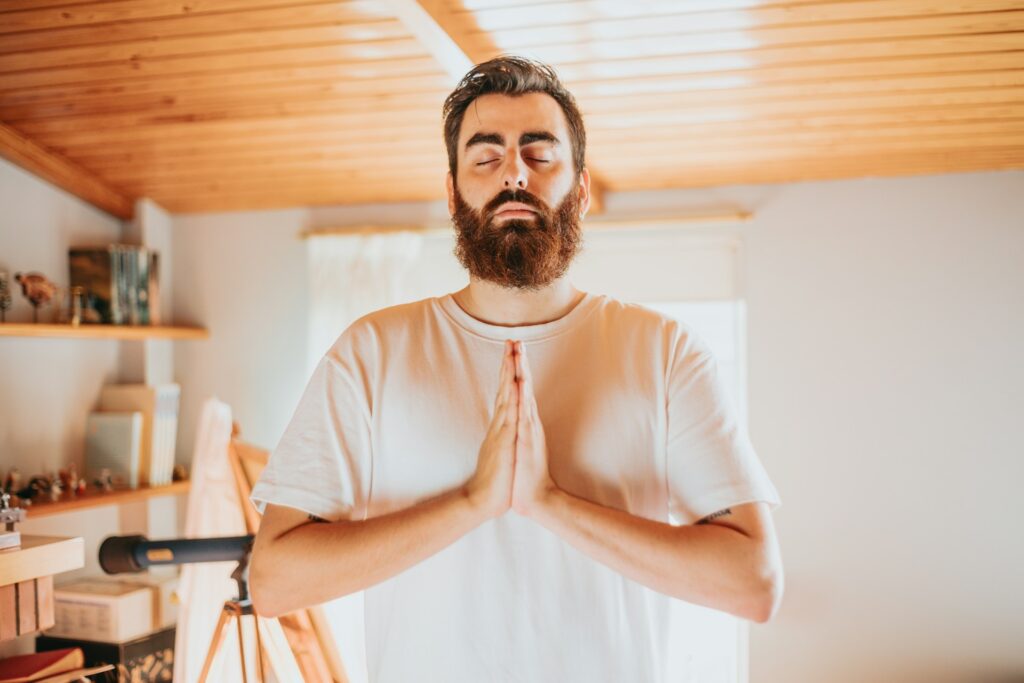
We often think that being authentic requires a big moment of clarity or an epiphany where everything suddenly falls into place. But that’s not always how it works. Discovering who you are is a gradual process, and it’s okay if it’s messy or unclear. You don’t need to wait for some big moment of realisation. Just start where you are, take things one step at a time, and trust that over time, you’ll gain more clarity. It’s less about a final destination and more about embracing the journey.
